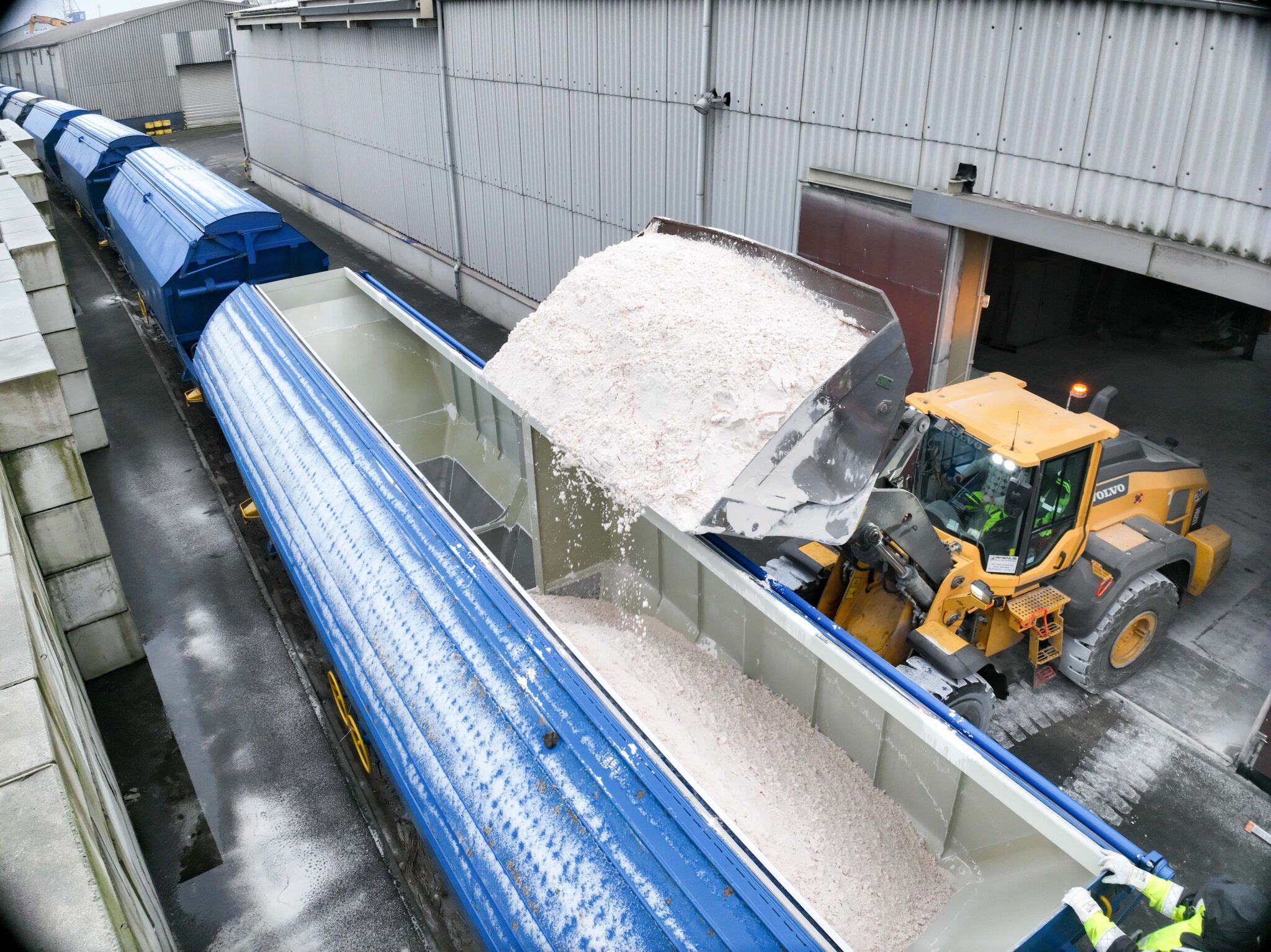The logistics industry is undergoing rapid change, with 87% of logistics operators planning to digitally transform operations in the near future, writes Richard Hanscott (pictured below), CEO at Esendex. Key areas of focus include better route planning and demand forecasting, as well as a wealth of improvements to the vehicle fleet such as predictive maintenance capabilities.
Less discussed, though, is how the customer experience is going to evolve. A 2024 Ofcom report found that over two-thirds (67%) of consumers had run into problems with a delivery in the past six months. Worryingly, more than half are still dissatisfied with the process of contacting delivery firms to discuss an issue, with satisfaction increasing a mere three percentage points since the 2023 report.
Rising customer expectations
For many logistics firms, phone support remains the default method for customer service. However managing call volumes can be challenging, often leaving customers facing long wait times, particularly during peak periods. When customers are getting in touch to report an issue, being kept on hold can often exacerbate their frustration, diminishing trust.
Today’s consumers are not only more demanding, but also more digitally savvy. Customers now expect to engage with businesses on their own terms, using the social media platforms, messaging apps, and communication channels they already use. This shift is driven by a desire for convenience, immediacy, and personalisation in every interaction.
Modernising customer communication
To address these rising expectations, delivery firms need to consider modernising their call centre operations. Evolving communication offerings beyond the simple telephone can help to transform customer interactions, reducing the number of support queries while making it simpler and quicker for them to get help.
Understanding where customers are located or most active is a critical first step. In the UK, WhatsApp is the most-commonly used messaging app, with 76% of adults using the platform within the last three months. Leveraging a familiar platform allows businesses to meet customers where they already are, lowering barriers to engagement and increasing adoption of digital support options.
Advanced digital tools now enable seamless integration of two-way WhatApp messaging and chatbots into existing customer service workflows. Automation allows businesses to rapidly scale support capacity during busy periods without compromising service quality. Initially, chatbots can handle straightforward queries, such as delivery tracking, rescheduling, or FAQs, and gradually take on more complex interactions as their capabilities improve through ongoing optimisation.
Why change your approach to customer communications?
For customer service staff, the shift to a more modern system can make a huge difference. Routine, repetitive queries can be offloaded to automated systems, freeing up agents to focus on complex, high-value customer interactions. This not only elevates the customer experience but also helps reduce stress and burnout among call centre teams – an increasingly important consideration in workforce management.
From the customer perspective, speed and convenience are essential. Delivery recipients often need support outside traditional office hours – perhaps to report a missed delivery after returning home or to reschedule a large furniture shipment on short notice. Rather than having to find a quiet place to make a call and sit on hold, customers can interact with chatbots on-the-go for an instant response.

For example, we’ve worked with Rhenus Home Delivery to add a WhatsApp and chatbot functionality to its communications, which replaced the helpline telephone number. Simply put, the change has been remarkable as customers calling the helpline previously had an average wait time of 25-40 minutes. Now, as a result of the chatbot, responses are instant, even out-of-hours.
When human assistance is required, the chatbot can efficiently triage queries to agents, while ensuring that the entire conversation history moves across too. This saves valuable time and means the customer doesn’t need to repeat themselves multiple times – a common source of frustration.
Statistics show six in 10 consumers check the status of their parcel at least once a day. When this information is only available via call centres, it can quickly lead to an overwhelmed support team. With the latest upgrade, tracking updates are provided automatically in real-time, giving customers the information they need before they’ve even had a chance to ask for it.
Building stronger brand loyalty and competitive differentiation
Seamless, responsive communication not only resolves issues faster but also helps build emotional connections with customers. Companies that invest in delivering quick, personalised, and convenient support foster higher levels of trust and loyalty. In the competitive logistics sector, this can be a crucial differentiator that drives repeat business and positive word-of-mouth referrals.
Furthermore, integrating digital communication channels signals innovation and customer-focus – traits that resonate strongly with modern consumers. This can strengthen brand reputation and position a logistics provider as a leader in customer experience.
Future-proofing logistics operations with omnichannel communication
Looking ahead, logistics companies must prepare for an increasingly complex communication landscape. Customers expect to reach out via multiple channels – phone, SMS, WhatsApp, social media, and soon, emerging platforms like voice assistants or augmented reality support. By adopting an omnichannel strategy that integrates these platforms, businesses can provide a consistent, unified experience. This flexibility will become a competitive necessity as customer preferences continue to change. Moreover, investments in AI and machine learning will enable even greater automation, predictive support, and personalised interactions, further enhancing efficiency and satisfaction.
similar news





